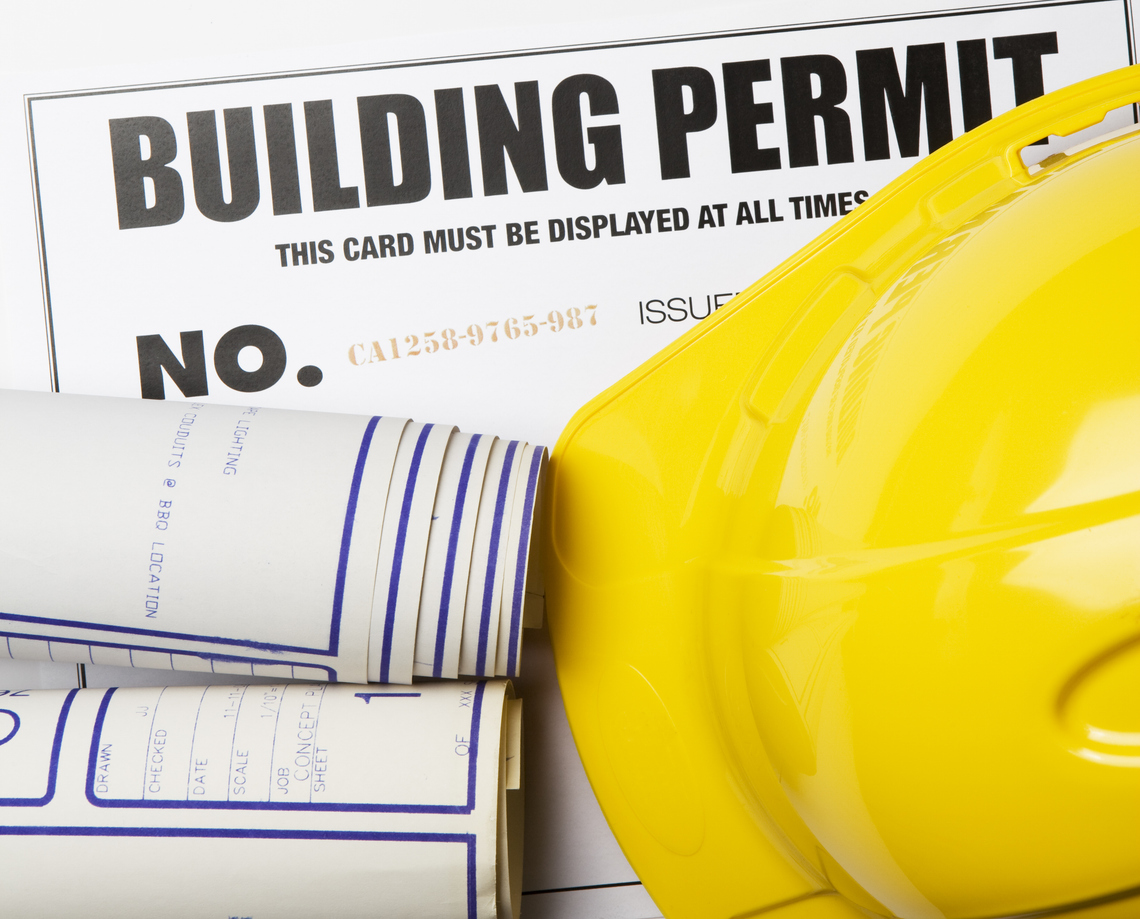How much should public adjusters charge? How much is too much? This was a question I was asking myself after last night’s Road to Recovery workshop which I posted about in Superstorm Sandy Insurance Questions? Roadmap to Recovery Workshops Provide Answers.
A question was raised by a policyholder on what public adjusters typically charge. Two very reputable and experienced public adjusters were in the audience, Chris Aldrich and Mike Miller. So, I asked them for the answer. Both said ten percent and that the figure could be negotiable depending on the size of the claim. Larry Bathgate indicated that most of his clients signed up with public adjusters between 5-10% of a loss recovery. United Policyholder’s Executive Director Amy Bach indicated that most reputable public adjusters would sign up clients for 10% of the claim settlement.
One of the New Jersey policyholders in the audience indicated that he contracted with an out-of-state public insurance adjuster for 23.5%. This followed an earlier discussion about a public adjuster who was charging a 50% fee, although noting the fee was only for additional amounts over the amount previously paid. We queried how the claim could be financially litigated if he pressed with a 50% public adjuster fee. We hear of other public adjusters charging from 15% to 33 1/3% on Superstorm Sandy claims.
Freedom is an important value in the American way of life. I believe in the free market. I have been in meetings where legislators pondering public adjuster fees have the same view and think people should be able to contract for whatever sums they want. Yet, isn’t there a problem with a profession that allows members to gouge customers? How much is too much? When do the fees charged prevent policyholders from being able to retain additional professionals? Do public adjusters that charge 50% really provide greater service? What about the concern of those in the insurance industry who ponder if higher fees reflect incentives to commit fraud?
This issue is being publicly fought between two public adjusting associations. AAPIA posted a public article AAPIA exposes efforts of NJPIA and NAPIA to bring 12.5% fee caps to New Jersey and elsewhere:
We have been consistent in our position. The fee caps proposed by NAPIA and NJPIA will hurt the public adjusters and the consumers of New Jersey since public adjusters will not be able to help those with small claims. We appeal to you as members of NAPIA and NJPIA to contact the current Board and challenge them to defend their reasons for advocating for fee caps which will hurt their industry and the policyholders they are supposed to represent, and to instead support only laws that truly are fair and reasonable to all concerned.
Please support our efforts to defeat S 2472.
American Association of Public Insurance Adjusters
I have friends in AAPIA and NAPIA. NAPIA is a very longstanding association that has long lead the fight for licensing of the public adjusting profession. I think that NAPIA’s concern about "price gouging" is appropriate. I also think that AAPIA’s concerns about small claims needing professional help is appropriate. But, that begs the question–what is a small claim? And, what about all the other concerns raised above?
Our firm has been very supportive of public adjusters and will continue to educate how public adjusters can help policyholders reach a full, fair, and honest recovery that typically does not happen without professional assistance. Examples of this support are found in Three Reasons to Hire a Public Adjuster, Honesty is the Best Policy; Public Adjusters Need to Promote the Good Work of Their Profession, and Did You Know You Can Hire a Public Adjuster to Help?
Yet, as a consumer advocate for policyholders and a supporter of public adjusting, I am certain United Policyholder’s Executive Director Amy Bach is concerned about the price of professional help and price gouging. So am I. And so should all who view public adjusting as a noble and ethical profession rather than an industry looking to maximize profits at the expense of its customers.



